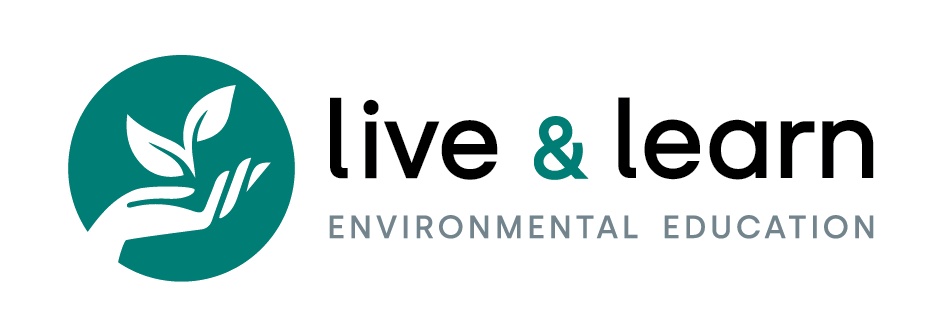Solomon Islands
The New Times New Targets project supports the Solomon Islands government through the collaborative implementation of participatory, risk-based approaches to improving rural WASH access and practices. This includes a ‘twin track’ approach to addressing gender and social inclusion. In early 2019 a gender and social inclusion baseline survey was done in 37 of the 60 target communities in the project. This document is a summary of findings and analysis
Read MoreOver the last few years, UNICEF Pacific has adopted the WASH in Schools Three Star Approach to improve WASH in schools and build the capacity of children, teachers and communities in becoming agents of change…
Read MoreThis resource is a collection of health promotion posters for the South Pacific to share messages concerning safe practices to prevent transmission of COVID-19. Live & Learn has a strong history of implementing water, sanitation and hygiene projects and these…
Read MoreThis guide provides an overview of the Live & Learn WASH in Schools approach, and serves as a guide for the larger WASH in Schools programs implemented by Live & Learn with other partners in Papua New Guinea, Solomon Islands, Vanuatu and elsewhere.
Read MoreThis guide is used by school Water, Sanitation and Hygiene Committees, school teachers and student WASH Clubs to successfully operate and maintain school water, sanitation and hygiene facilities.
Read MoreWASH in Schools programs must address many activities, including construction of water, sanitation and hygiene facilities, hygiene education and promotion, operations and maintenance support, and advocacy. The Bottleneck Analysis is the foundation tool that Live &…
Read MoreLive & Learn is sharing these resources online as part of a consultancy conducted for UNICEF in Fiji, Kiribati, Solomon Islands and Vanuatu to document the resources produced to guide the construction of water, sanitation…
Read MoreAs part of a consultancy with UNICEF South Pacific to produce a catalogue of WASH technologies and operations and maintenance for schools, Live & Learn is sharing the national standards that have been developed by…
Read MoreWhat are the benefits of men and women working together?
Read More








